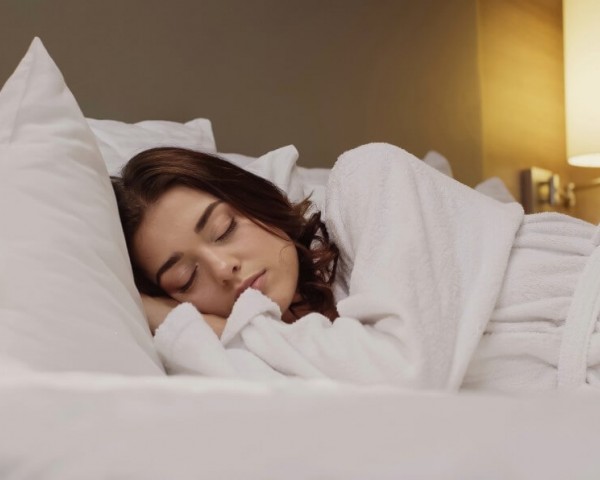The travel market keeps changing, and now it looks like we’re chasing better sleep as much as new experiences. In today’s wired world, there’s this quirky idea of travel meant just for rest. Instead of packing a schedule full of sights and stops, people now opt for a “sleepcation” or sleep tourism, which is all about setting up the perfect environment for deep, uninterrupted sleep. It’s less about ticking off tourist attractions and more about hitting pause for a quality snooze.
Some experts argue that a sleepcation is essentially a response to our increasingly hectic modern lives. People are juggling stress, insomnia, and endless fatigue every day, so taking a trip that focuses on catching real Z’s seems like a brilliant form of self-care. It appears that this type of getaway has gained popularity alongside other wellness trends, where the body and mind receive a little TLC without the constant hustle of activity.
Doctors also back the idea, pointing out that drifting off in just the right setting does wonders for our brains. When you’re in a spot that ditches the noise, tames the temperature, and ditches distracting screens, your mind gets to recharge more naturally. A good night’s sleep can drop stress hormones, smooth out your memory, and even give your immune system a boost.
A sleep specialist even mentioned—albeit with a slight pause—that many travelers return feeling more drained than when they left, thanks to a jam-packed itinerary that leaves little room for genuine rest. In many cases, a sleepcation turns that idea on its head, swapping exhaustive schedules for genuine, laid-back relaxation.
So, what makes for the perfect sleep tourism destination? Experts agree on a few must-haves:
- Quiet surroundings: A peaceful, off-the-beaten-track area helps cut out the urban clamor, making it easier to unwind.
- Comfy beds and linens: Think orthopedic mattresses, ergonomic pillows, and even Egyptian cotton sheets—simple comforts that make a big difference.
- Sleep-friendly therapies: Practices such as aromatherapy massages and saline water flotation sessions can gently guide you toward better sleep.
- Food that soothes: Certain meals and snacks, such as bananas, oats, and a drizzle of honey, are said to boost melatonin naturally, aiding in more restful sleep.
- Lasting habit changes: The idea isn’t just to doze off on vacation but to pick up new, healthier sleep habits that stick around long after you go home.
Overall, sleep-oriented travel seems to be paving a fresh path for those willing to trade the frantic pace of typical vacations for genuine, restorative relaxation—even if it means a few typos or a slightly off-rhythm in its telling.

